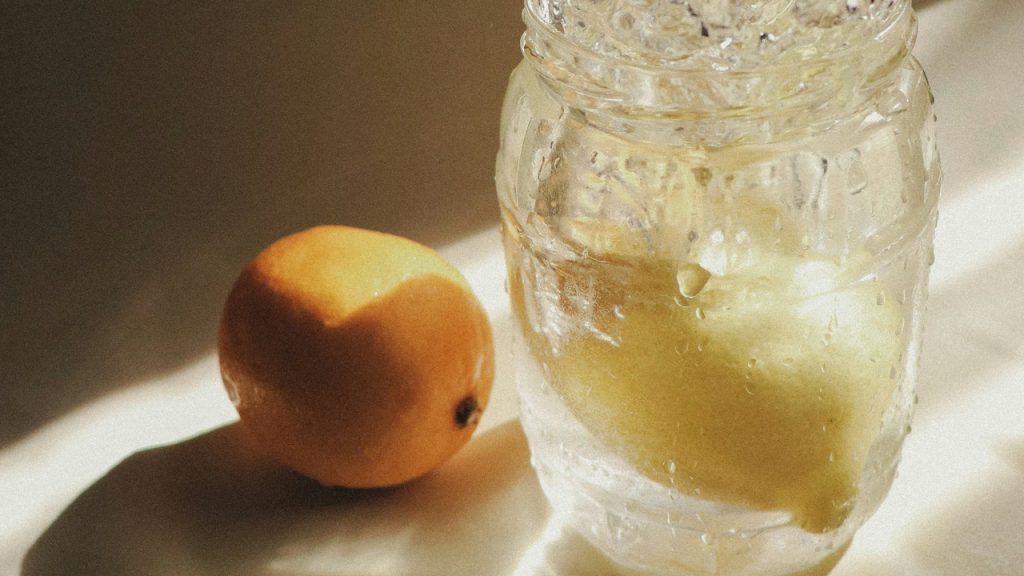Consuming excessive amounts of fructose can lead to the development of nonalcoholic fatty liver disease, as the liver converts excess fructose into fat and stores it. Fructose is not satiating, which can disrupt metabolism as it doesn’t trigger the hormones that signal fullness, such as insulin and leptin. Additionally, fructose is difficult for the body to digest, especially when combined with added sugars in naturally sweet fruit juice. A study published in The British Medical Journal found that consuming fruit juice can increase the risk of diabetes, as the processing of juice removes important nutrients like fiber that help stabilize blood sugar levels.
Eating whole fruits instead of fruit juice has been shown to reduce the risk of developing type 2 diabetes, as they contain fiber that aids in satiety and blood sugar management. However, consuming one or more servings of fruit juice per day was associated with a 21% increase in the risk of developing type 2 diabetes. While fruit juice can be enjoyed in moderation, it’s best to opt for freshly squeezed versions, as they may contain more nutrients due to minimal processing. Another option is to dilute fruit juice with fizzy water to reduce sugar intake without giving up the refreshing taste of juice.
In conclusion, while fruit juice can be a delicious beverage, it’s important to consume it in moderation due to its high fructose content and potential negative impact on metabolism and diabetes risk. Choosing whole fruits over fruit juice is a healthier option as they contain fiber and essential nutrients that are lost during juice processing. When enjoying fruit juice, opt for freshly squeezed versions or dilute it with fizzy water to reduce sugar intake. Ultimately, focusing on water and unsweetened herbal teas as primary beverages is the best choice for overall health and wellness.


